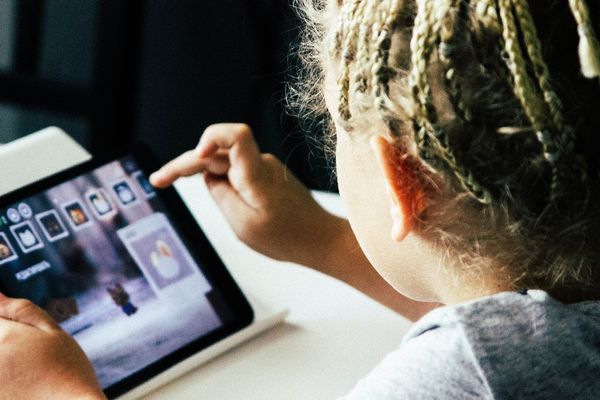Bipartisan bill in U.S. Congress seeks to help parents control data collected on kids

A bill proposed in the US House of Representatives on Jan. 9 aims to give parents greater control over the data collected about their children by amending the Children’s Online Privacy Protection Act of 1998 (COPPA), which imposes requirements on websites and online services that collect, use, or disclose personal information on children.
The bipartisan proposal would raise the age of parental consent protection from 13 to 16 years and give parents or legal guardians the authority to force companies to purge any private information they may have collected about their children.
“Children today are more connected online and face dangers that we could not have imagined years ago,” said Rep. Tim Walberg, the Democrat who proposed the amendment, along with his Republican colleague Bobby Rush. “While advancements in technology allow for many benefits, it also poses a risk for our kids. I am proud to work with Rep. Rush to update our digital privacy laws to safeguard our children and their personal data online.”
Rush said the proposal, called the PROTECT Kids Act, “will not only do as its name suggests and protect children across the country from online threats, but it will also provide parents with the peace of mind that their sons and daughters are safer when accessing websites and mobile applications.”
The most recent amendments to the COPPA Rule came in 2013, before many technological changes that can pose a risk for our children. The enforcement of the COPPA Rule puts parents in control regarding what information websites can collect from their kids, with two new categories added to the legislation, precise geolocation and biometric information.
Before the proposal, mobile applications were not affected by the legislation, and parents weren”t given the power to delete any personal information of their children.
The Federal Trade Commission (FTC) penalized several prominent companies in the past year for non-compliance with COPPA. Most notably, Google and its subsidiary YouTube were fined 170 million in September 2019 for illegally gathering children”s data and targeting ads without their parents” consent. In the settlement, YouTube is required to develop and maintain a system that permits channel owners to identify any child-directed content posted on the platform.
The penalty might not put this big fish under the table, however, small organizations and services providers can be severely crippled if they do not comply.
Stop guessing what the internet knows about you. Find out with Bitdefender”s Digital Identity Protection!
tags
Author
Alina is a history buff passionate about cybersecurity and anything sci-fi, advocating Bitdefender technologies and solutions. She spends most of her time between her two feline friends and traveling.
View all postsRight now Top posts
How to Protect Your WhatsApp from Hackers and Scammers – 8 Key Settings and Best Practices
April 03, 2025
Outpacing Cyberthreats: Bitdefender Together with Scuderia Ferrari HP in 2025
March 12, 2025
Streamjacking Scams On YouTube Leverage CS2 Pro Player Championships to Defraud Gamers
February 20, 2025
How to Identify and Protect Yourself from Gaming Laptop Scams
February 11, 2025
FOLLOW US ON SOCIAL MEDIA
You might also like
Bookmarks








